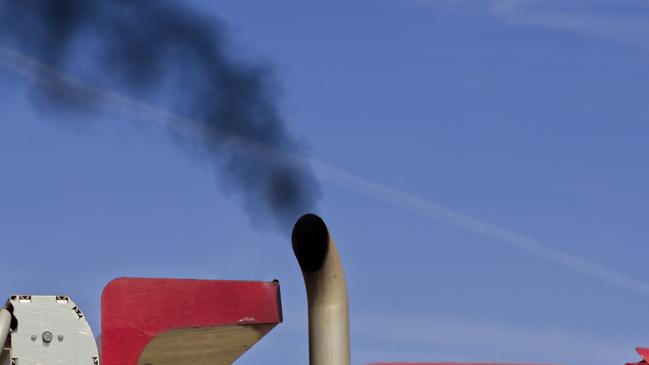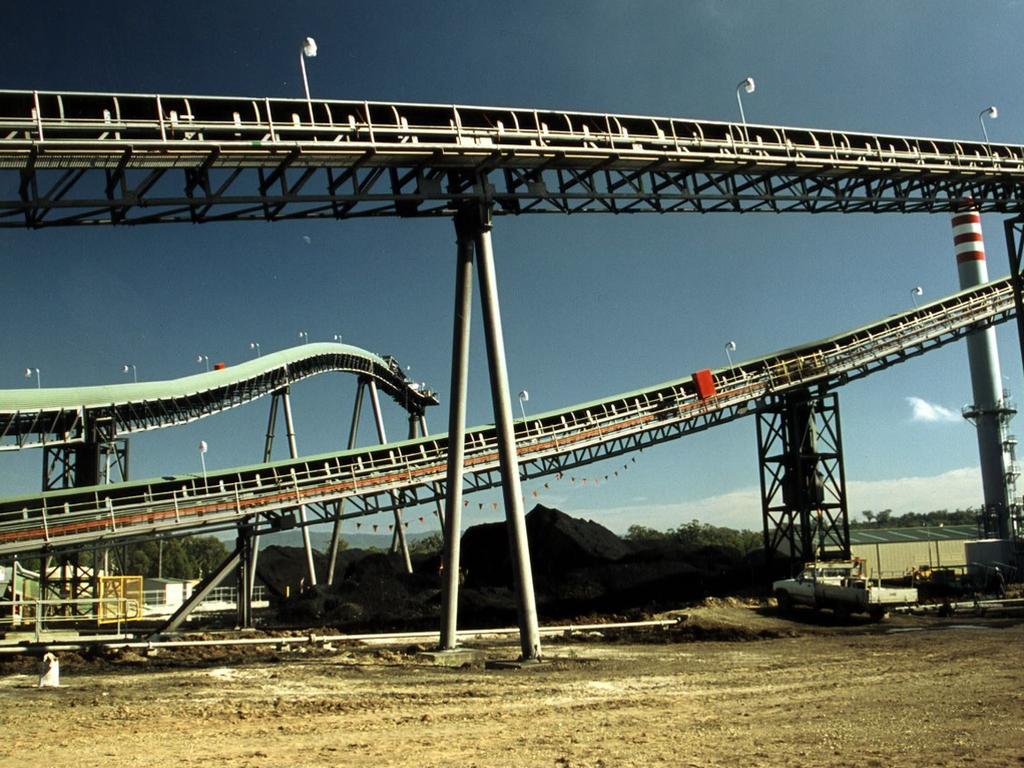Coronavirus: Global carbon emissions in record tumble, IEA reports
Global carbon emissions are set for their biggest annual decline on record, the IEA has reported.

Global carbon emissions are set for their biggest annual decline on record with the COVID-19 pandemic leading to plunging demand for oil and coal in the biggest shock to the energy industry since World War 2, the International Energy Agency said.
Pollution from energy output is forecast to fall by 8 per cent, or 2.6bn tonnes in 2020, the largest drop in emissions ever recorded, and six times larger than a 400m tonne decrease in 2009 following the global financial crisis.
The projected fall in emissions was nothing to cheer given the global health emergency, the IEA said, and could soon be followed by a sharp rebound as economies recover as seen in the aftermath of the GFC.
“Resulting from premature deaths and economic trauma around the world, the historic decline in global emissions is absolutely nothing to cheer,” IEA executive director Fatih Birol said in its global energy review.
“And if the aftermath of the 2008 financial crisis is anything to go by, we are likely to soon see a sharp rebound in emissions as economic conditions improve.”
Energy demand will fall 6 per cent overall, seven times the GFC decline, and the equivalent of losing the entire energy demand of India which is the world’s third largest energy consumer. Each month of lockdown from the health pandemic has cut annual global energy demand by 1.5 per cent.
The IEA has previously forecast a 9.3m barrel drop in oil demand for 2020, again the most on record. Global road transport traffic was 50 per cent lower than the 2019 average at the end of March while aviation cratered by 60 per cent for the same period.
Coal use will decrease by 8 per cent this year, the biggest tumble since World War 2, while coal-fired power generation was set to fall by more than 10 per cent.
After a decade of uninterrupted growth, the so-called ‘golden age’ of gas has also come to an end with demand for the fossil fuel to decline 5 per cent in 2020.
“This would be the largest recorded year-on-year drop in consumption since natural gas demand developed at scale during the second half of the 20th century,” the IEA said.
Renewables will be the only energy source to grow under the IEA’s projections with cheap solar and wind on track to boost clean energy power generation by 5 per cent this year, along with higher hydropower output.
Governments “can learn from that experience by putting clean energy technologies – renewables, efficiency, batteries, hydrogen and carbon capture – at the heart of their plans for economic recovery. Investing in those areas can create jobs, make economies more competitive and steer the world towards a more resilient and cleaner energy future,” Dr Birol said.






To join the conversation, please log in. Don't have an account? Register
Join the conversation, you are commenting as Logout